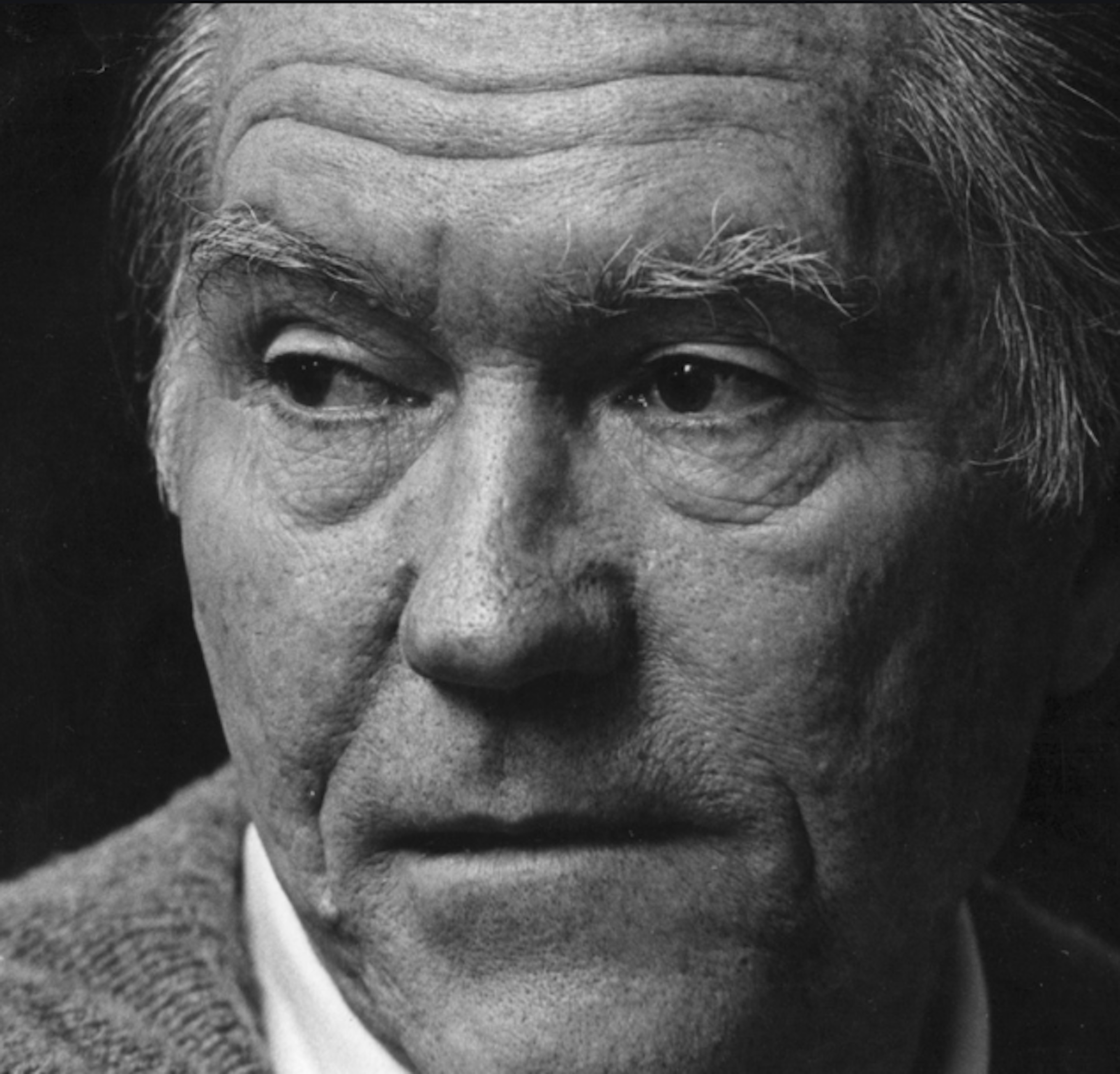This website use cookies to ensure you get the best experience on our website
The Stafford Challenge

About William Stafford
William Stafford (1914-1993) was one of the most prolific and important American poets of the last half of the twentieth century.
He was born in Hutchinson, Kansas, served as a conscientious objector in a series of work camp during World War II, and taught for thirty years at Lewis & Clark College in Oregon, as well as traveling the world to share the gospel of poetry.
Among his many credentials, Stafford served as consultant in poetry at the Library of Congress (the name was later changed to the US Poet Laureate), and received the National Book Award for his poetry collection Traveling through the Dark (1963). During his lifetime, Stafford published over sixty books of poetry that still resonate with both scholars and general readers, and a dozen books by and about him have been published since his death.
Stafford's perspectives on peace, the environment, and education serve as some of the most articulate and engaging dialogues by a modern American writer about three of the most important issues of the second half of the twentieth century, with lasting impacts on future generations.
Howard Zinn, one America's most iconic modern historians, was keenly aware of Stafford's insight into modern American culture, claimed, “William Stafford's prose and poetry, wise and eloquent, speak directly to the violence of our time, and to our hope for a different world.” And the poet Robert Bly predicted in the 1990s, “William Stafford will be more widely read in the coming century than in this one.”
He was famous for his habit of daily writing, for his “be not afraid to fail” verve as a writer, and for his kindness and welcome as a teacher. “Let’s talk recklessly,” he would say, and the conversation, the class, the poem would lift from there.